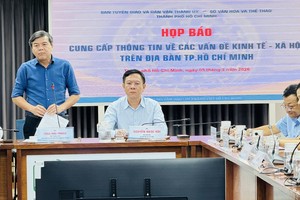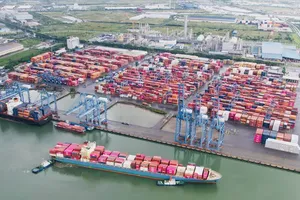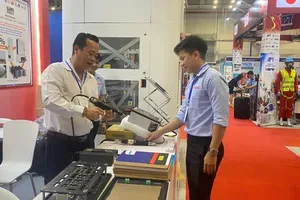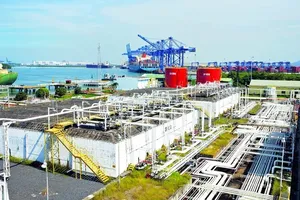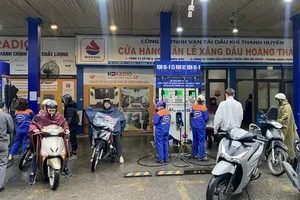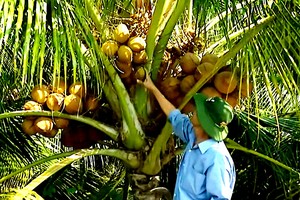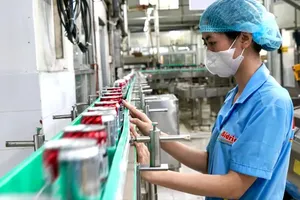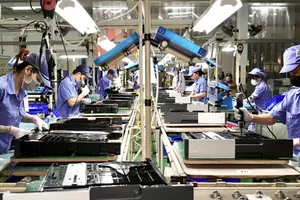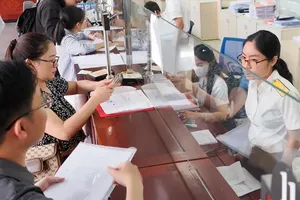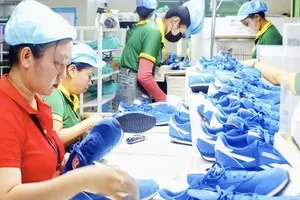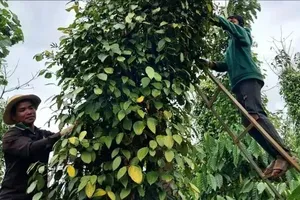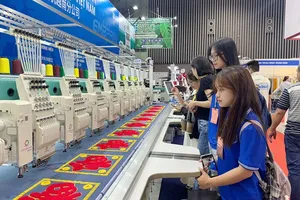 |
The Vietnamese enterprises have imported over 54 percent of rice bran from India. However, the biggest exporter of rice has just imposed a ban on rice bran export which has been valid since July 28 after the ban on rice export on July 20.
According to the Vietnam Trade Office in India, the decision has been taken under the context of substantially rising milk and milk product prices domestically owing to a surge in fodder prices. Of which, a major ingredient is de-oiled rice bran or rice bran extraction which is a key ingredient in cattle, poultry and fish feed.
In the first five months of 2023, India exported 288,000 de-oiled rice bran under HS Code 23069090, decreasing by 21.54 percent over the same period last year.
The Vietnamese enterprises have signed contracts to import a large quantity of rice bran from India. Of which, the number of rice bran of India exported to Vietnam was 155,900 tons, accounting for 54.13 percent of the total export output of India.
The Vietnam Trade Office in India said that the de-oiled rice bran ban promptly would affect the export contracts that have not been delivered to Vietnam.
As Vietnam is a big importer of rice bran from India, domestic enterprises needed to quickly discuss with their export partners in India to know about the goods delivery status and handle the issues arising from the signed contracts.
The Ministry of Industry and Trade informed that in the first five months of the year, Vietnam imported a total of 367,500 tons of Indian rice of all kinds, an increase of 31.76 percent over the same period last year and ranked the eighth among the top rice importers of India.
Vietnamese enterprises prefer to import a large quantity of rice bran from India for food processing for breeding as it was cheaper than local ones.
